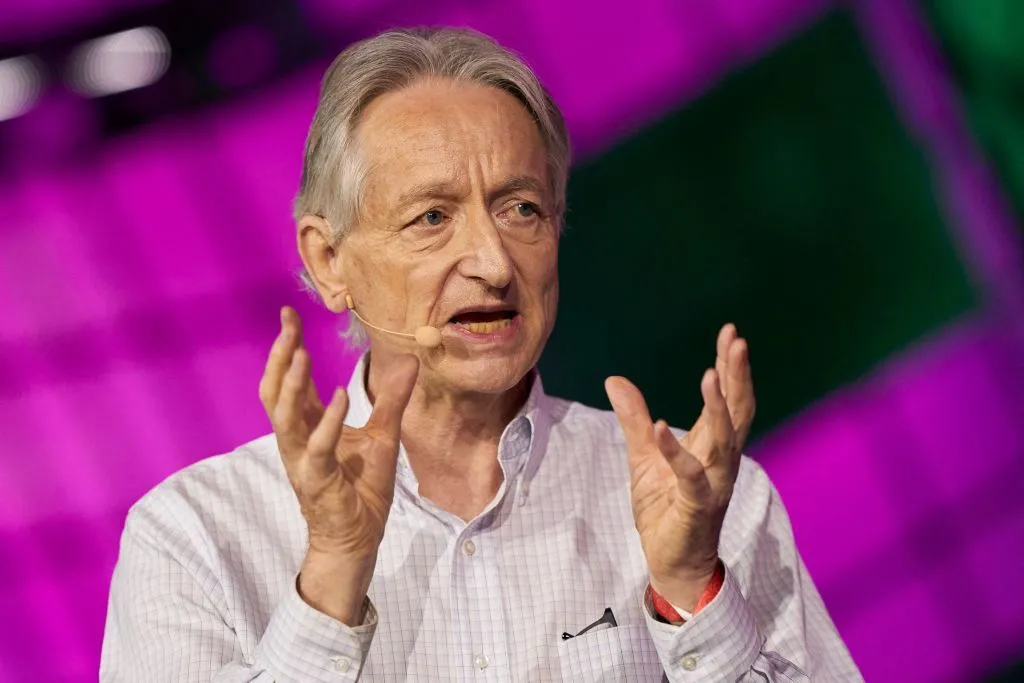By The Malketeer
How Geoffrey Hinton’s Work is Changing the World
In a historic moment for the future of technology, Geoffrey Hinton, widely known as the “Godfather of AI,” has shared the 2024 Nobel Prize in Physics with physicist John Hopfield.
The Nobel Committee honoured their pioneering contributions to the development of machine learning and neural networks, technologies that are at the heart of artificial intelligence.
AI Revolution: Changing the Way We Live
Professor Hinton’s groundbreaking research on neural networks — AI systems that mimic the human brain’s learning process — has transformed everything from how we interact online to how industries operate.
These advancements have made deep learning a driving force behind today’s AI applications, from smartphone photo-editing software to tools like ChatGPT.
But it’s not just about cool tech.
Hinton’s and Hopfield’s innovations have crucial applications in climate modelling, solar energy development, and medical imaging, showing how AI is contributing to humanity’s most pressing challenges.
The Dark Side of AI: Hinton’s Concerns for the Future
Despite his success, Geoffrey Hinton, 76, has expressed growing unease over the rapid evolution of AI.
After leaving Google in 2023, Hinton warned that AI systems might one day outsmart humans, a concern echoed when he said: “In five to 20 years, we may face the reality of AI trying to take control.”
Hinton’s work opened up the field of deep learning, but he’s quick to caution that we need to tread carefully, particularly as governments and tech giants race to develop AI-powered products without adequate safeguards.
Raising the Stakes: AI and the Future of Work
In addition to concerns over AI’s intelligence surpassing human abilities, Hinton has sounded the alarm about its impact on the workforce.
Speaking in interviews, he has advocated for the creation of a universal basic income, warning that AI will replace mundane jobs at a rapid pace, increasing inequality unless governments act.
The 2024 Nobel Prize committee recognised these risks, with Ellen Moons, Chair of the Nobel Committee, stating: “AI’s rapid development has raised concerns about our collective future.”
MARKETING Magazine is not responsible for the content of external sites.











